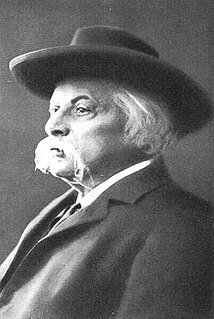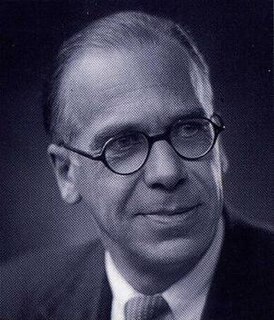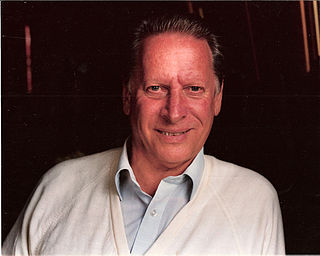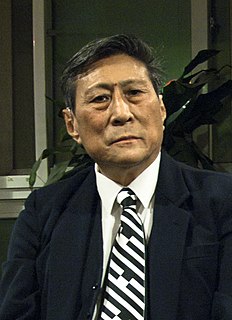Evaristo Fernández Blanco (Astorga, 6 March 1902 – Madrid, 22 October 1993) was a Spanish composer. He was a member of the Generation of '27, associated to the Group of Eight.

Astorga is a municipality and city of Spain located in the central area of the province of León, in the autonomous community of Castilla y León, 43 kilometres (27 mi) southwest of the provincial capital. It is located in the transit between the Páramo Leonés and the mountains of León and acts as the backbone of the shires of Maragatería, La Cepeda and the Ribera del Órbigo. The city is the head of one of the most extensive and oldest dioceses of Spain, whose jurisdiction covers half of the province of León and part of Ourense and Zamora. It is also head of the judicial party number 5 of the province of León.

Madrid is the capital of Spain and the largest municipality in both the Community of Madrid and Spain as a whole. The city has almost 3.3 million inhabitants and a metropolitan area population of approximately 6.5 million. It is the third-largest city in the European Union (EU), smaller than only London and Berlin, and its monocentric metropolitan area is the third-largest in the EU, smaller only than those of London and Paris. The municipality covers 604.3 km2 (233.3 sq mi).

Spain, officially the Kingdom of Spain, is a country mostly located in Europe. Its continental European territory is situated on the Iberian Peninsula. Its territory also includes two archipelagoes: the Canary Islands off the coast of Africa, and the Balearic Islands in the Mediterranean Sea. The African enclaves of Ceuta, Melilla, and Peñón de Vélez de la Gomera make Spain the only European country to have a physical border with an African country (Morocco). Several small islands in the Alboran Sea are also part of Spanish territory. The country's mainland is bordered to the south and east by the Mediterranean Sea except for a small land boundary with Gibraltar; to the north and northeast by France, Andorra, and the Bay of Biscay; and to the west and northwest by Portugal and the Atlantic Ocean.
Contents
Fernández Blanco studied in Madrid under Conrado del Campo and in Vienna under Franz Schreker. Returning to Madrid in 1935, he aligned with the Republican faction and was named a representative of the government's Music Council. After the Republican defeat in 1939 he sought refuge from the White Terror in Viascón, a hamlet in Pontevedra where he composed his Dramatic Overture. In 1941 he moved to Barcelona, where he worked as a pianist in local zarzuela companies. Soon he stopped composing. [1]
Conrado del Campo y Zabaleta was a Spanish composer, violinist and professor at the Real Conservatorio de Música in Madrid, was the principal conductor of the Madrid Symphony Orchestra. He was made professor at the Madrid Conservatory in 1915, where he was an especially influential teacher. His works were played in the Theatre Real of Madrid for José María Alvira. His opera Lola la Piconera made its debut at the Gran Teatre del Liceu, Barcelona, December 12, 1952. He was a major figure in the conservative musical climate of Franco's Spain, writing in a Late Romantic style. Since his death his music has fallen into comparative oblivion. He was born in Madrid, which is also where he died.

Vienna is the federal capital and largest city of Austria, and one of the nine states of Austria. Vienna is Austria's primate city, with a population of about 1.9 million, and its cultural, economic, and political centre. It is the 7th-largest city by population within city limits in the European Union. Until the beginning of the 20th century, it was the largest German-speaking city in the world, and before the splitting of the Austro-Hungarian Empire in World War I, the city had 2 million inhabitants. Today, it has the second largest number of German speakers after Berlin. Vienna is host to many major international organizations, including the United Nations and OPEC. The city is located in the eastern part of Austria and is close to the borders of the Czech Republic, Slovakia, and Hungary. These regions work together in a European Centrope border region. Along with nearby Bratislava, Vienna forms a metropolitan region with 3 million inhabitants. In 2001, the city centre was designated a UNESCO World Heritage Site. In July 2017 it was moved to the list of World Heritage in Danger.

Franz Schreker was an Austrian composer, conductor, teacher and administrator. Primarily a composer of operas, Schreker developed a style characterized by aesthetic plurality, timbral experimentation, strategies of extended tonality and conception of total music theatre into the narrative of 20th-century music.
With the transition to democracy in the second half of the 1970s there was some interest in Fernández Blanco's music. In 1982 he composed his Suite of Old Dances on a commission for the RTVE Symphony Orchestra, marking his return to composition after four decades of silence. [2]
The RTVE Symphony Orchestra, also known as the Spanish Radio and Television Symphony Orchestra is a Spanish radio orchestra servicing RTVE, the Spanish national broadcasting network.
In 2008 his complete orchestral works were recorded by the Málaga Philharmonic conducted by José Luis Temes and released by Verso Records. [3]







